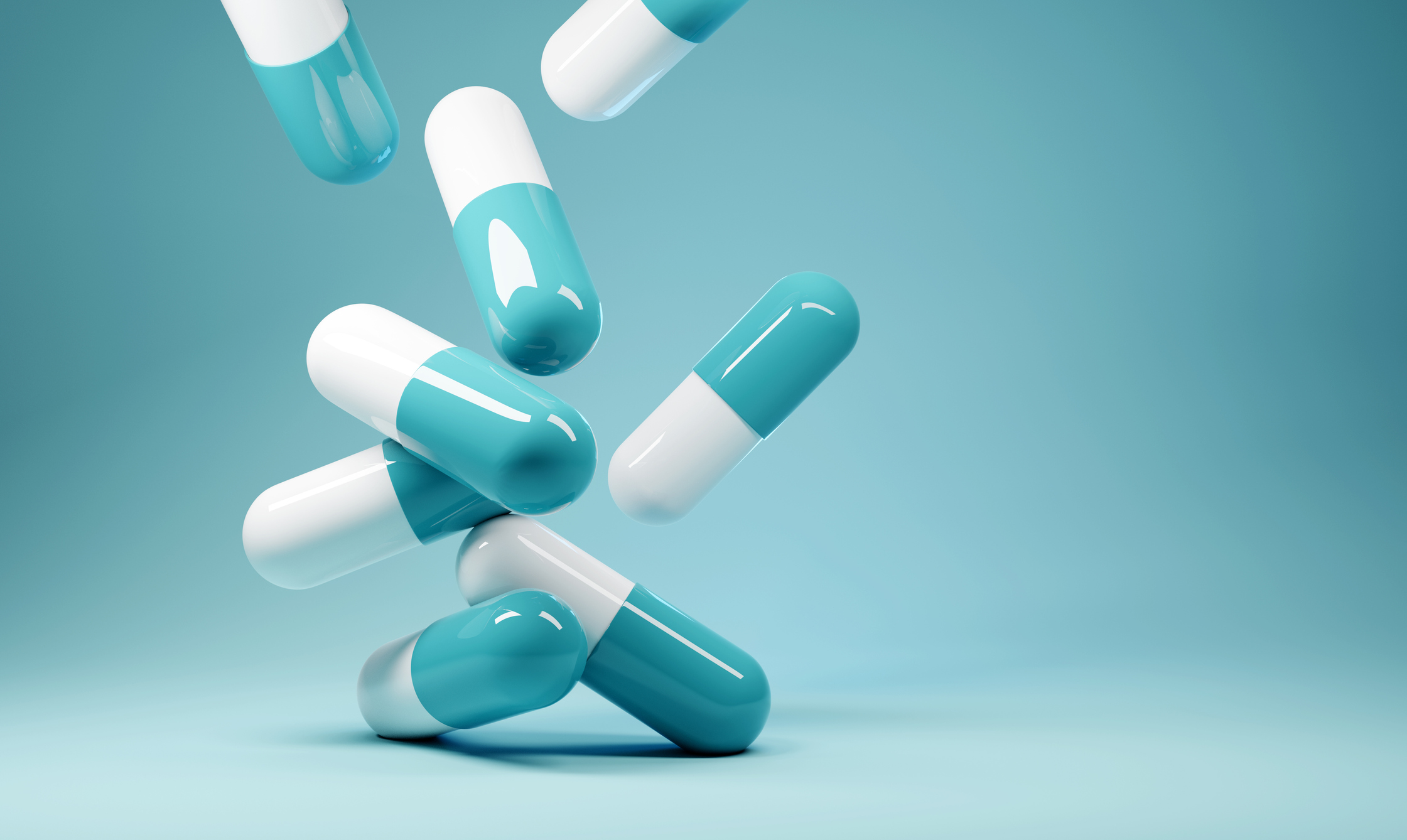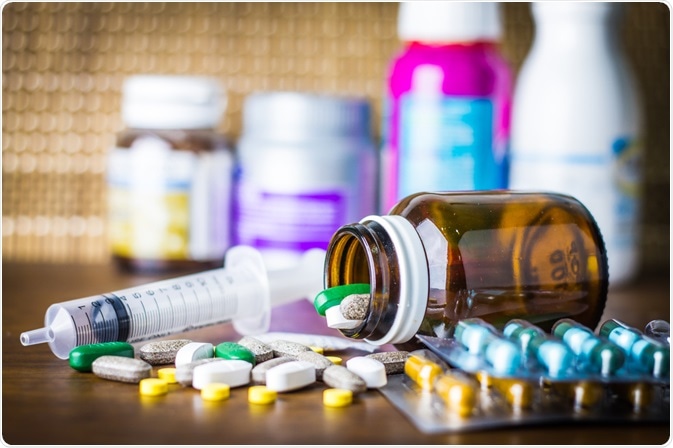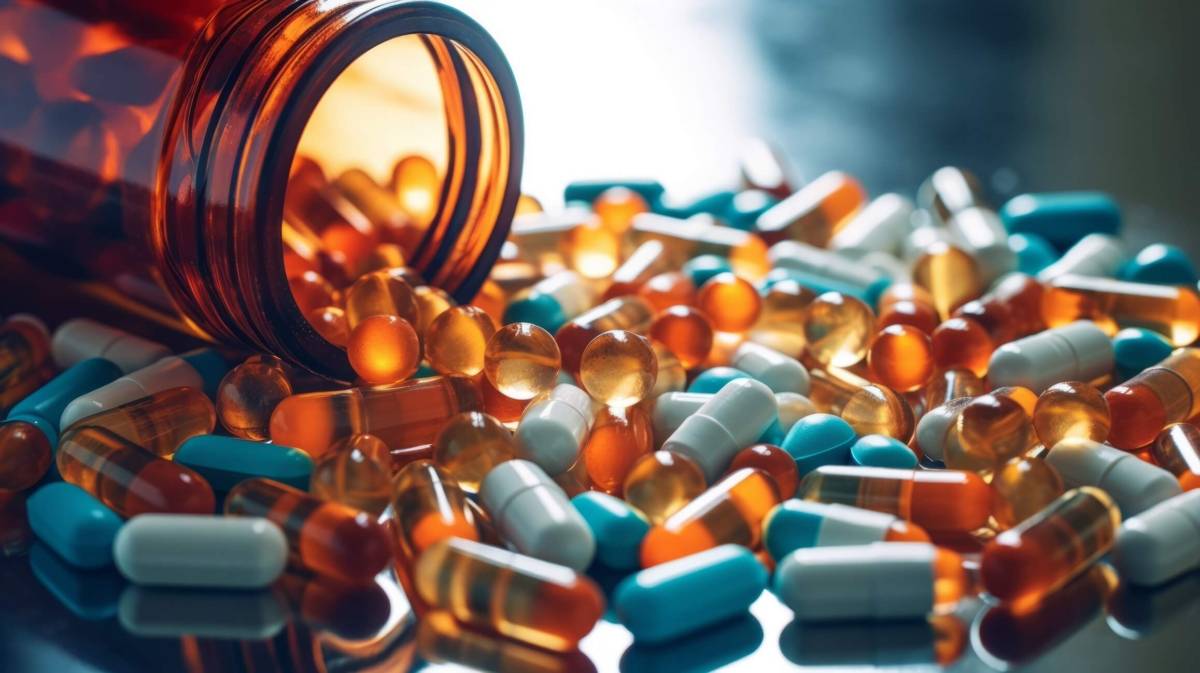The Dual Impact of Drugs on Human Health: Benefits, Risks, and Perspectives
Drugs, in the context of medicine, play a crucial role in improving health, treating illnesses, and enhancing the quality of life. However, the use of both prescription and recreational drugs carries potential risks that can affect individual and public health. This comprehensive article examines the multifaceted impact of drugs on human health, discussing their therapeutic benefits, the dangers associated with misuse, and the ongoing challenges in drug regulation and public education.
Understanding Drugs and Their Impact
Defining Drugs
- Medicinal Drugs: Substances prescribed by healthcare providers to diagnose, treat, or prevent disease.
- Recreational Drugs: Substances used without medical justification for their psychoactive effects, often leading to addiction and legal issues.
Types of Medicinal Drugs
- Antibiotics: Treat bacterial infections, saving millions of lives.
- Analgesics: Manage pain, from mild (e.g., aspirin) to severe (e.g., opioids).
- Vaccines: Prevent diseases like measles and COVID-19.
- Antidepressants and Antipsychotics: Treat mental health conditions such as depression and schizophrenia.
The Therapeutic Benefits of Drugs
Disease Treatment and Management
- Drugs can cure diseases, treat symptoms, and prevent complications, enhancing life expectancy and quality of life.
- Example: Insulin for diabetes management and chemotherapy for cancer treatment.
Prevention of Diseases
- Vaccines have drastically reduced the prevalence of infectious diseases and, in some cases, have led to the eradication of diseases such as smallpox.
Enhancement of Life Quality
- Medications for chronic conditions like asthma, hypertension, and arthritis help patients maintain an active and fulfilling life.

The Risigks Associated with Drug Use
Side Effects and Adverse Reactions
- Even when used correctly, drugs can cause mild to severe side effects ranging from headaches to life-threatening allergic reactions.
- Example: Opioids are effective for pain relief but can cause respiratory depression and dependence.
Drug Interactions
- Interactions between different drugs can diminish therapeutic effects or increase the risk of adverse reactions.
Dependency and Addiction
- Some drugs, particularly opioids and benzodiazepines, have high potential for dependency and addiction, leading to widespread public health crises.
The Challenge of Drug Misuse and Abuse
Scope of the Problem
- Recreational drug use and prescription drug misuse are significant public health issues, leading to emergency room visits, hospitalizations, and deaths.
- Example: The opioid epidemic in the U.S. has led to a sharp increase in overdose deaths.
Impact on Society
- Drug abuse affects not just individuals but also families, communities, and the economy, with increased healthcare costs, lost productivity, and crime.
Prevention and Treatment
- Education on the safe use of medications and awareness about the risks of drug abuse.
- Support systems and treatment programs for those struggling with addiction.
Regulation and Policy
Drug Approval and Regulation
- Governments and international bodies regulate the development, approval, and marketing of drugs to ensure safety and efficacy.
- Example: The U.S. Food and Drug Administration (FDA) and the European Medicines Agency (EMA).
Legal and Ethical Issues
- The regulation of drug use and the enforcement of drug laws pose complex legal and ethical challenges.
- Policies must balance public health, individual rights, and societal norms.

Conclusion
Drugs have a profound impact on human health, capable of relieving pain, curing diseases, and saving lives. However, the misuse of these powerful substances can lead to devastating consequences. Effective regulation, education, and treatment strategies are essential to maximize the benefits of drugs while minimizing their risks. As medical science advances, the ongoing challenge will be to ensure that drugs are used responsibly and ethically, with a focus on safeguarding public health and enhancing the quality of life for individuals around the globe.



No comments yet
Be the first to share your thoughts!